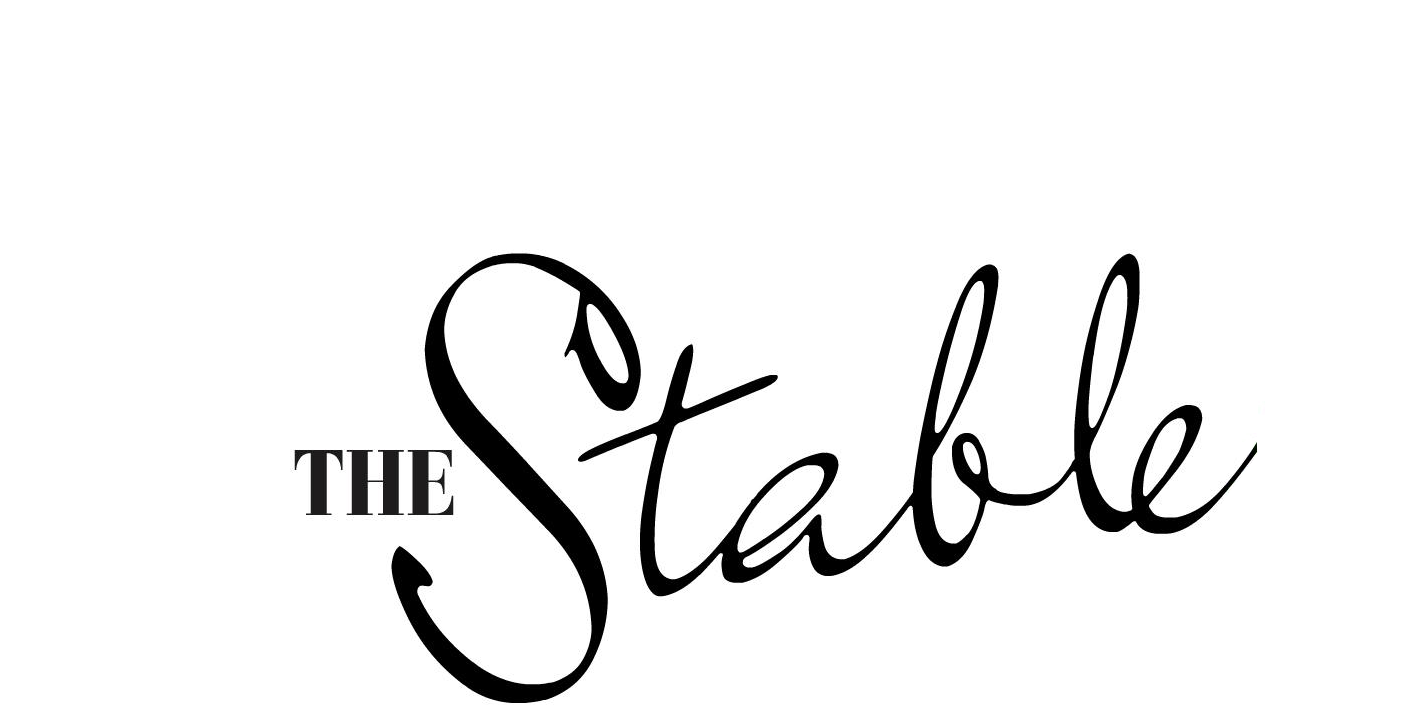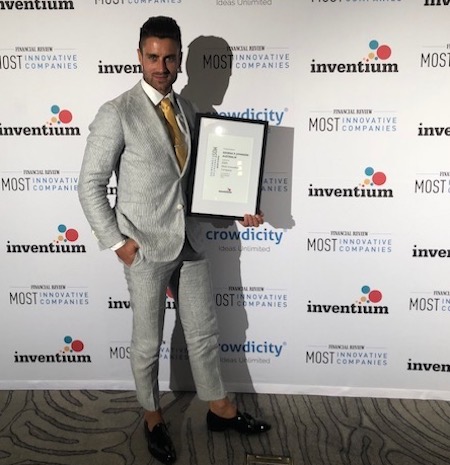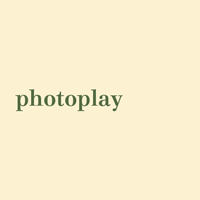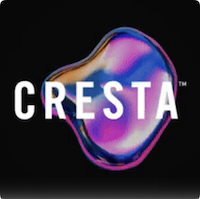GPJ Australia has been recognised as one of Australia and New Zealand’s Most Innovative Companies in the annual list by The Australian Financial Review. It’s the first time the company entered after becoming a full service agency in September 2017.
The AFR Most Innovative Companies List is based on a rigorous assessment process managed by Australian innovation consultancy, Inventium, in conjunction with a panel of industry expert judges.
Dr Amantha Imber, chief executive officer, Inventium, stated, “The field of entrants for the 2018 AFR Most Innovative Companies list is the highest quality we have seen in seven years of judging the list. Making the 2018 list is a massive achievement and signals that the organisation is not only producing highly impactful innovations, but also has a sustainable approach to growth.”
GPJ Australia ranked 55th on the overall list, from over 1,000 nominated organisations across Australia and New Zealand. The assessment measures a top innovation implemented in the past twelve months. Specifically, the judges look at how valuable the problem is that the innovation is solving, the quality and uniqueness of the solution, and the level of impact that the innovation has had. Inventium assesses internal elements such as innovation culture, strategy, resources and process, which demonstrate a sustainable and repeatable approach to innovation.
Caleb Bush, managing director, GPJ Australia, commented, “It is increasingly clear that brands are not built on what they say or how they look, but on how they behave and extraordinary experiences created at every touchpoint build deeper, longer lasting relationships.
“Customers want to see, touch, feel and experience a brand and it is through our strong focus on innovation-centric solutions and our culture of collaboration, exploration and bravery that we are able to provide the ultimate brand experiences. I am exceptionally proud of the entire team as we are recognised as one of the most innovative businesses across ANZ.”
Six agencies and consultancy, Deloitte, also made it into the top 100:
- #4: CHE Proximity [Best marketing innovation]
Cochlear Hearprint: 3.8 million Australians suffer some form of hearing loss. This number is expected to double over the coming decades. Sufferers take an average of seven years to seek help. Cochlear wants Australians to understand, identify and act on their hearing loss, before it’s too late. Human hearing is as unique as a fingerprint, no two people hear the world the same. Hearprint is a tool that tunes videos on the internet to your own ears, so you can hear its true sound. When you set your Hearprint it identifies your hearing as ‘normal’ or ‘abnormal’. ‘Abnormal’ hearing means Cochlear may be able to help you.
CHE Proximity & The Glue Society: Think you’re hearing perfectly? Cochlear’s Hearprint will tell you
- #10 Deloitte Australia
DeloitteASSIST: Even in modern hospitals, the primary communication between patient and nurse is a button and a bell that cannot: (1) distinguish between patient needs, (2) provide reassurance that help is coming; and (3) support effective prioritisation of requests. This outdated, binary system is failing to adequately support patients and their care teams. Imagine laying in a hospital bed, and the only way you can request help is to push a button. But, you can’t move. You can’t see. You can’t say the pain is severe and this is urgent. DeloitteASSIST addresses these challenges and gives patients a voice. It lets patients speak a request, and it turns those words into a message – a message that displays on mobile devices and clinical dashboards. DeloitteASSIST lets patients know they have been heard and help is coming. It prioritises requests and targets respondents, so staff can understand patients’ needs before they arrive at the bedside.
- #12 Sparro
Live artificial intelligence (AI) bidding (determining ad spend per click) for Webjet: Managing a company’s paid search ads in real-time – using the inflow of marketing data from Google AdWords and a company’s own site – cannot be effectively scaled or utilised manually. AI intervention is required to capitalise on this data and power more effective marketing decisions. If you want to fly to Bali, you consider an incredible number of factors – price, seasonality, weather, political situations, destination popularity, availability, events, and how well behaved you are. We currently cannot understand the impact each of these factors when we promote ‘flights to Bali’. So we use Artificial Intelligence (AI) of computers to constantly analyse all these factors. The AI then makes decisions – testing and retesting theories hourly and then optimising to find the best and most effective approach for our client.
- #30 Ogilvy Australia
AAMI Smartplates: 45 per cent of all young Australian deaths are due to road traffic accidents. Making our roads safer is at the heart of everything AAMI stands for. We thought it was time to update how we teach our kids to drive, keep them safe and help create a safer generation of drivers. AAMI SmartPlates – A real-time drive tracker / coach sitting at the centre of a new digital learning eco-system: connecting young drivers, parents, instructors and authorities for the first time. The mobile app tracks detail of every drive, so Learners can focus on the road while their practice hours, routes, road type, weather / traffic density, are monitored and recorded in real-time. Data is crunched into skills sets providing Learners, parents and instructors a complete picture of their progress, what they’re mastering and what needs sharpening. It scans environment data to encourage learners to gain experience in all weather, road and traffic conditions.
Ogilvy Melbourne: AAMI’s app gets L-platers ready to drive (bye-bye logbook)
- #32 M&C Saatchi
Blend Week: University students of today aren’t being trained for the jobs of the future. Complex problem solving, critical thinking and working cohesively within diverse groups has been recognised by World Economic Forum as key skills for jobs of the future. Yet, universities are designed so that students only study their specialities. Blend Week is a new way of teaching a new way of thinking. We developed a modularised design thinking curriculum, built to be included into any university faculty, that brings students from different backgrounds together to solve real world problems. In doing so, we are teaching new skills and enabling thinking for the future whilst solving some of the issues of today. In 2018, the brief to solve was for the NSW Department of Education.
- #64 Leo Burnett Australia
- #90 Dentsu Aegis Network
- #100 Isobar Australia

















